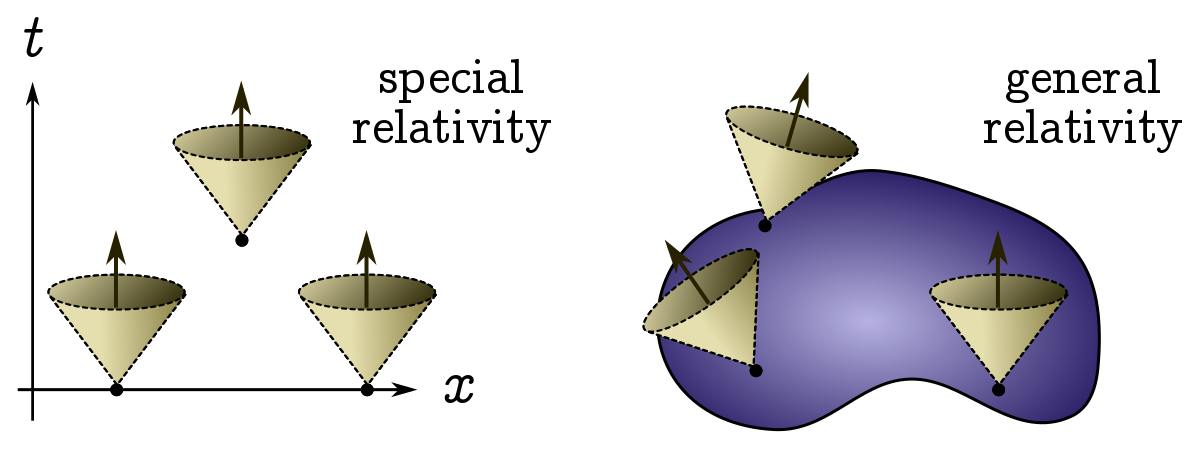
As a result, the associated equations violate the laws of thermodynamics and can hold no place in the physical sciences.

One apparent inconsistency seems to arise when considering extremal black holes using semiclassical methods 11, which seem to indicate the extremal black holes have vanishing entropy even when the area of the event horizon is non-zero 12, 131. It canīe readily demonstrated that Bekenstein‐Hawking black hole entropy is nonextensive, while the Hawking and the Unruh temperatures are nonintensive. 10), the theory of black hole entropy is still incomplete. In this regard, black holes are hypothesized to be large systems, characterized by the Schwarzschild radius ( r s= 2 GM/ c 2)Īnd its associated “horizon” area ( A = 4π r s 2), where G, M, and c represent the universal constant of gravitation, the mass of the black hole, and the speed of light in vacuum, respectively. This explains why ensembles comprised of just a few atoms cannot be considered thermodynamic systems. These rules must be observed whenever a system is large enough to be characterized by macroscopic quantities, They cause all sorts of problems with quantum theory, which we’ve. absolutely reflecting walls, be uniformly filled with black radiation. If black holes exist which, apparently, they do they contradict other theories in physics as sacred as general relativity. Similarly, entropy must remain extensive, in order to conform to the second law. The volume, energy, and entropy of the particle may be entirely neglected. Moreover, the mathematical proofs showed that these. But in 1973, Hawking ran calculations that showed that black holes would indeed create and emit particles. But this couldn’t be possibleby definition, black holes couldn’t emit anything. Otherwise, the very definition of temperature is compromised. If a black hole did have entropy, that meant it had a temperature, which meant it emitted radiation. Intensive, a requirement set by the 0th law. Almost 50 years ago, the late physicists Jacob Bekenstein and Stephen Hawking independently discovered that a black hole’s entropy is directly proportional to its surface area. It is for this reason that quantities of thermodynamic relevance must retain their character wherever they appear. The laws of thermodynamics play a central role in scientific inquiry, guiding physics as to the validity of hypothesized claims.


 0 kommentar(er)
0 kommentar(er)
